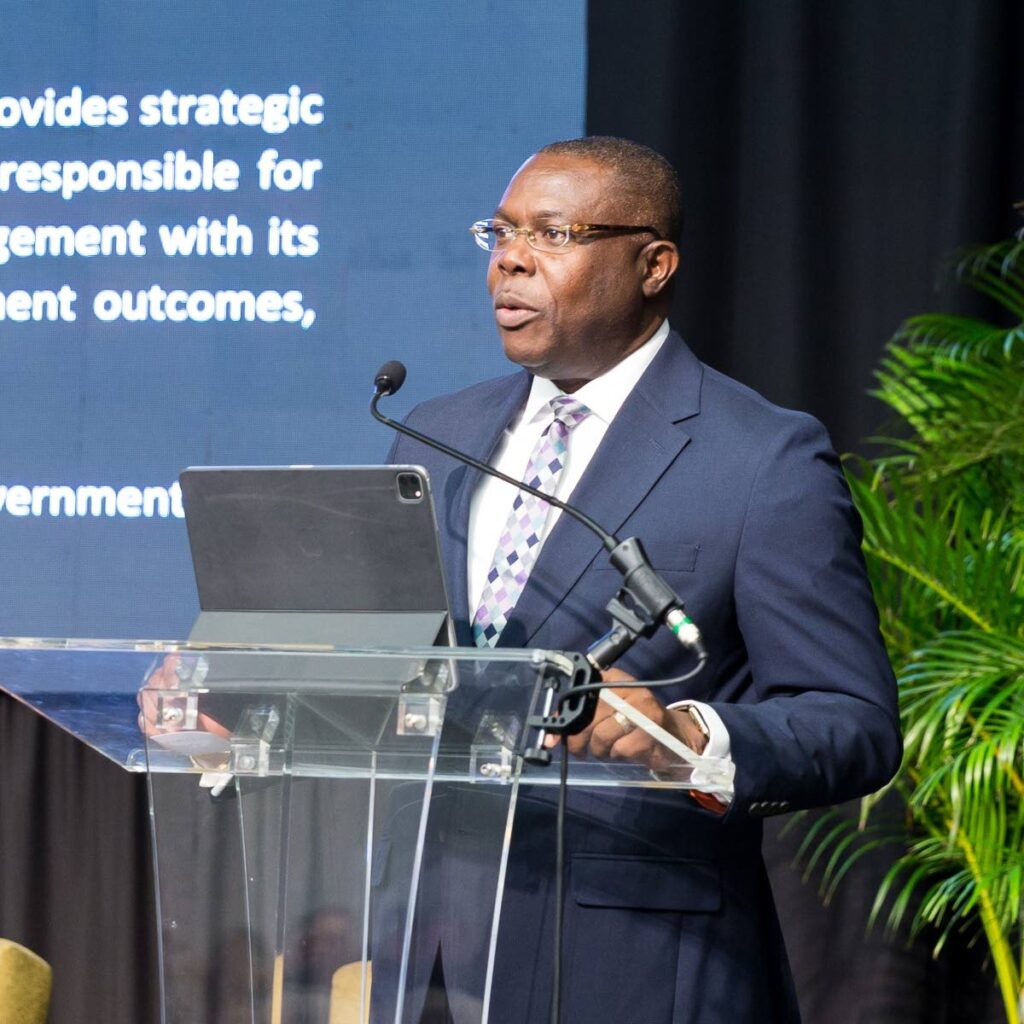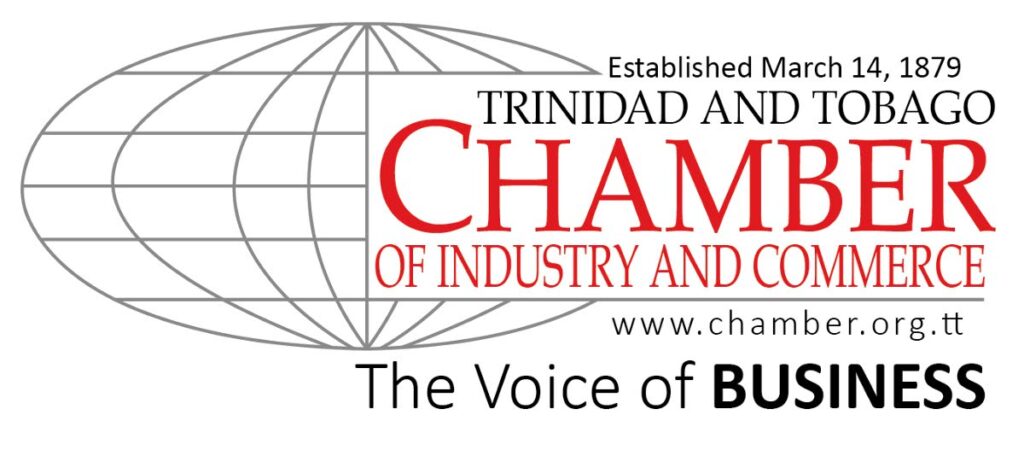Insights, trends for business

As the discussion around recovery from the covid19 pandemic kicks into overdrive, the TT Chamber of Industry and Commerce (TT Chamber) engaged the private sector and other stakeholders on some important issues facing the country.
The 2023 Business Outlook forum The Future is Now: Insights and Trends, held on June 26, considered economic recovery, human capital development and transformation through innovation and implementation of proactive strategies across all sectors.
Today’s article focuses on the feature presentation delivered by Isaac Solomon, vice-president, operations of the Caribbean Development Bank (CDB).
In identifying the global environment and economic outlook, Mr Solomon highlighted several areas of concern, namely increasing interest rates, elevated rates of inflation, all-round fallout, and shocks from the Ukraine-Russia conflict, especially in supply and demand as well as climate change challenges.
What are the implications for TT? What is the Government’s role in recovery? How can the private sector assist with recovery?
These are some questions that, he pointed out, have been lingering, with the realisation that, dictated by geography, ecology and location, TT, and by extension the Caribbean region, remain vulnerable.
Mr Solomon referred to the International Monetary Fund (IMF), the 2023 World Economic Outlook report which described the recovery as “rocky,” noting that the global “baseline forecast is for growth to fall from 3.4 per cent in 2022 to 2.8 per cent in 2023, before settling at 3.0 per cent in 2024.”
In the Caribbean region, according to the CDB, growth is expected slow down to 6.4 per cent in 2023 – with TT registering a strong performance in the energy sector – before reverting to pre-pandemic trends from next year.
TT has been working vigorously to build resilience and innovation by strengthening institutional frameworks, improving governance, reporting, transparency, and accountability, for example.
Two major areas of concern today are energy and energy transition and climate change.
Energy and energy transition
While this may be seen as a slow process, TT has made progress in the direction of renewable energy.
The reality remains that the dependence on fossil fuels is still here. This means more financing, innovation, structural changes, etc., will be needed if TT is to meet the requirements of the Caribbean Sustainable Energy Roadmap and Strategy.
Mr Solomon, during his speech, said, “One of the important requirements for achieving energy transition in TT is an improved regulatory framework. This will lead to clarified roles and responsibilities to facilitate the integration of renewable into the energy mix and provide incentives to diversify energy production towards renewables, thus triggering growth opportunities in your industry.”
Climate-change agenda for TT
The advancements towards renewable energy and energy transition are aligned and interconnected with the climate-change goals. Already, the development of utility-scale solar programmes and the devising of strategies and plans focused on other renewable energy sources are extremely encouraging.

Collaboration between the private sector and Government can accelerate the shift towards sustainable energy options, catalysing actions to overcome obstacles, scale up sustainable energy investments, and increase resilience and energy security.
TT Chamber’s role
In her address, TT Chamber president Kiran Maharaj reiterated a commitment to the development of TT through its advocacy. It is through this commitment that the Environment, Social and Governance (ESG) Committee was formed and has been working to ensure the adoption of ESG frameworks is realised.
The TT Chamber will be embarking on a series of workshops for micro, small and medium-sized enterprises to assist with their development and ultimately contribute to their ability to transform the economy, foster job creation, and promote equitable economic growth.
Nevertheless, according to Ms Maharaj, “Energy continues to be the backbone of our economy. How to leverage the sector’s revenues towards a more diversified economy remains a challenge. Countries are moving ahead with the energy transition, which is a multi-faceted issue.
“It is about global energy security, fuelling the transition to clean energy for the climate and the interconnection between the energy crisis and food security. Supportive policies and business commitment to drive transformation are required to ensure high-emission sectors are not left behind and employees are ready for future labour markets. The answers for TT will only come from us drawing on our own models of innovation and resilience.”


Comments
"Insights, trends for business"